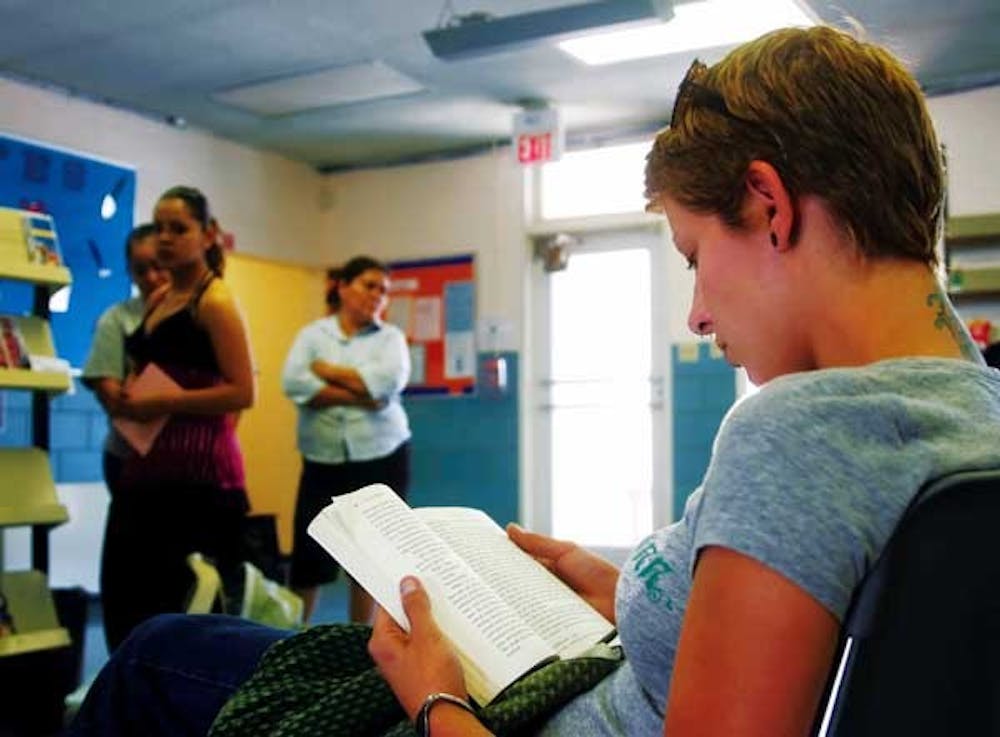by Bryan Gibel
Daily Lobo
If you need an STI test or a flu shot but can't afford it, there is a free clinic on North Campus you can go to.
The Stanford Public Health Office, at 1111 Stanford Drive N.E., offers STI screening, family planning and immunization services at no charge.
"For people who don't have the ability to pay, this is a great option," said Margy Wienbar, regional director for the department of health's Public Health Division.
Get content from The Daily Lobo delivered to your inbox
Clinic hours are 8 to 11 a.m. and 1 to 4 p.m. Monday through Friday.
Students can get treated at the Student Health Center, but they have to pay for it, said Jo Antreasian, a nurse at the center.
The Stanford clinic also offers birth and death certificates for $10, runs a needle exchange, treats tuberculosis patients and provides health education to the community, Wienbar said.
The state and federal governments fund the clinic, she said.
The majority of the patients who visit the clinic don't have health insurance, said Elaine Thomas, a UNM professor in infections diseases who works at the clinic.
"We focus on people who really need these services and can't get them anywhere else," she said.
Treating uninsured patients is beneficial to society, said Meg Davidson, director of STI and family planning at the clinic.
"Not only do we treat the individual and hopefully cure them, but we stop the spread of disease," she said. "So, we're not only providing health care to one person - we're trying to decrease the disease burden in our community."
About 9,600 patients visited the clinic last year, she said.
It sometimes sees up to 40 patients a day, Thomas said.
Although it doesn't offer all the services of a hospital, the clinic specializes in STI care and is the best testing facility around, Thomas said.
"Most people in the world don't know enough about STDs, and most health care providers don't either," she said. "If you go to the doctor, you might not get the right kind of tests or treatment. So, it's important to make sure you're getting the right
information."
If someone tests positive for an STI, the clinic asks them for a list of their recent sexual partners to contact them and tell them they should get tested, Wienbar said.
But it does so confidentially to protect privacy rights, she said.
"We don't call them and tell them who the original person to test positive was," she said. "We just tell them they might be at risk and should get tested."






